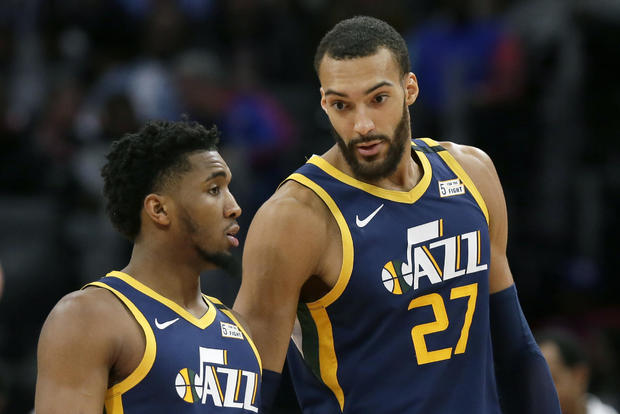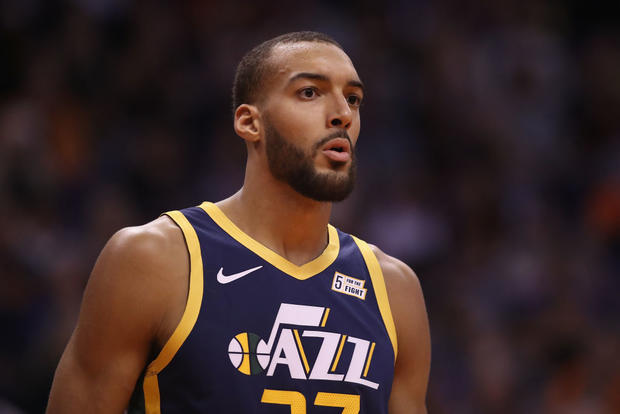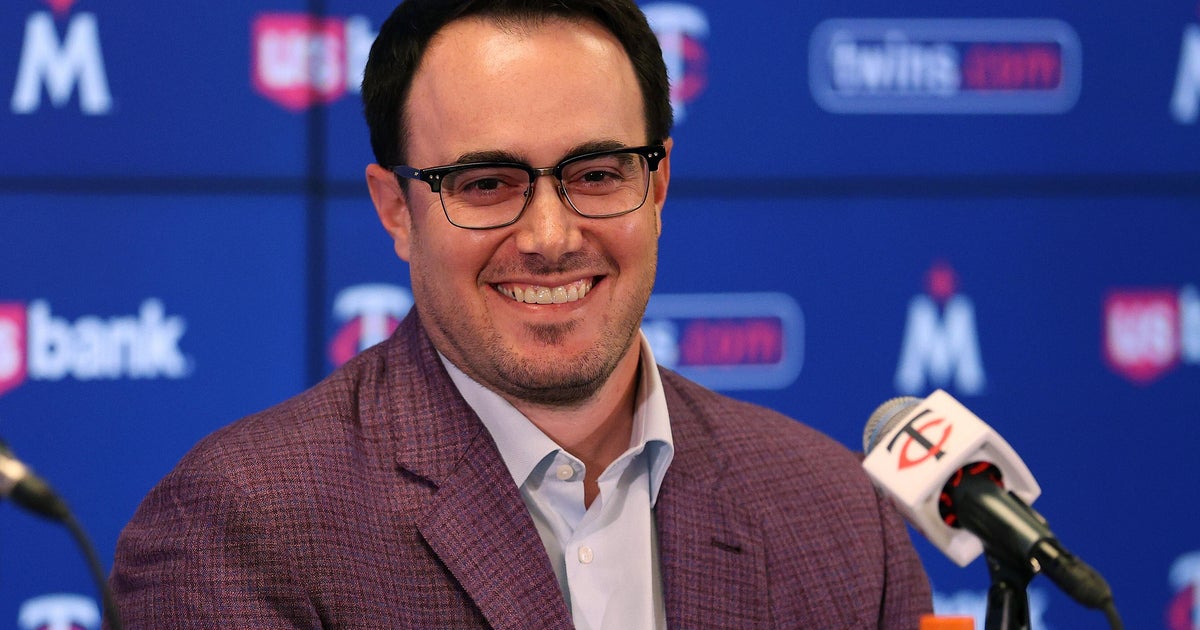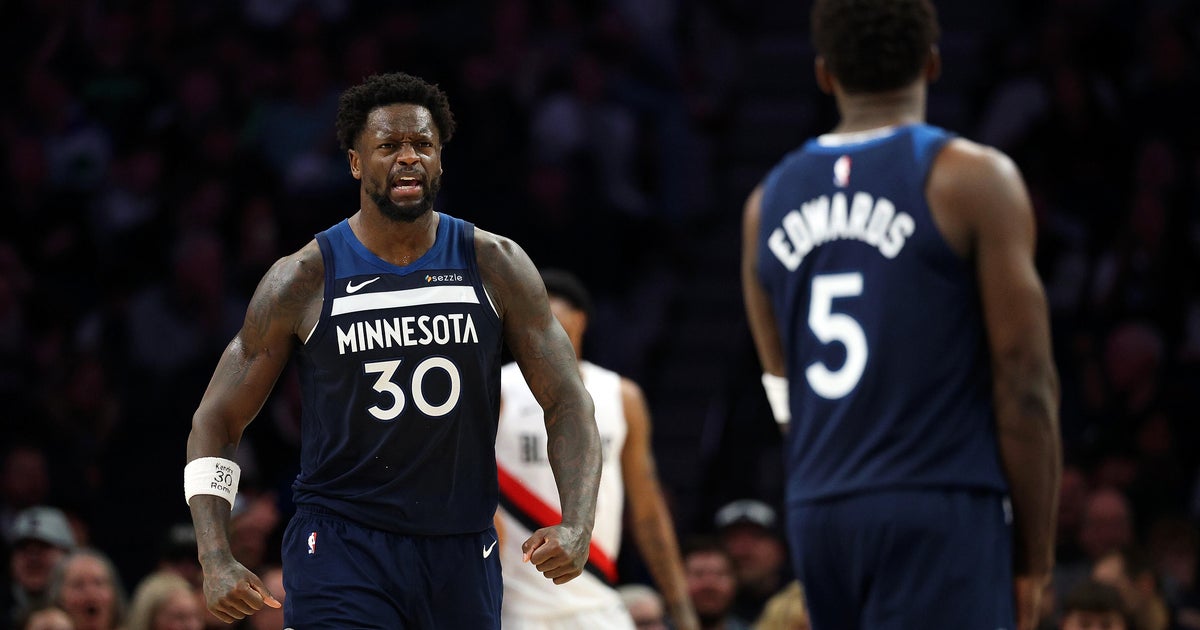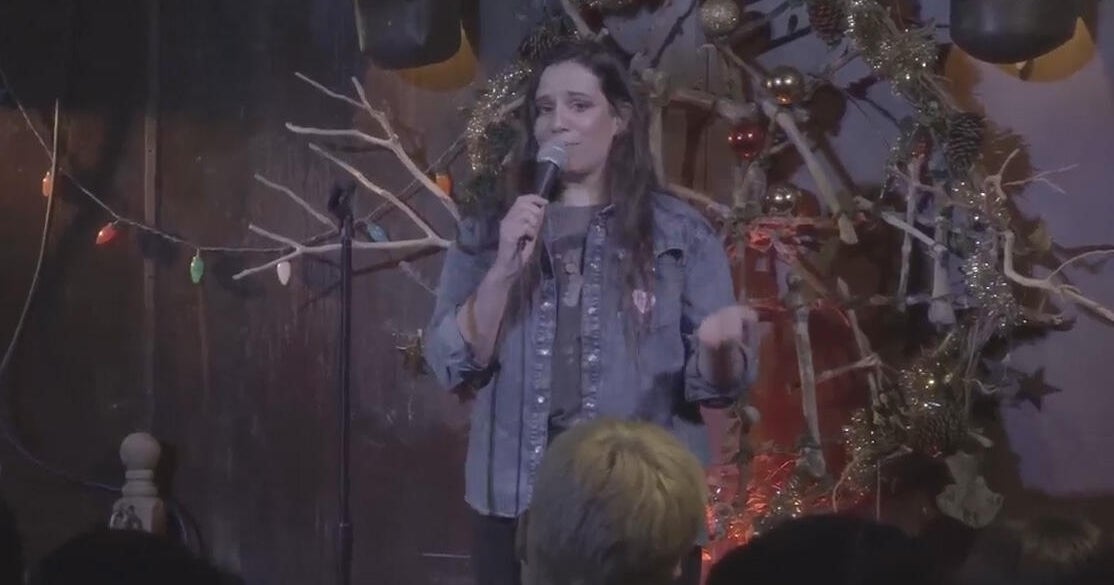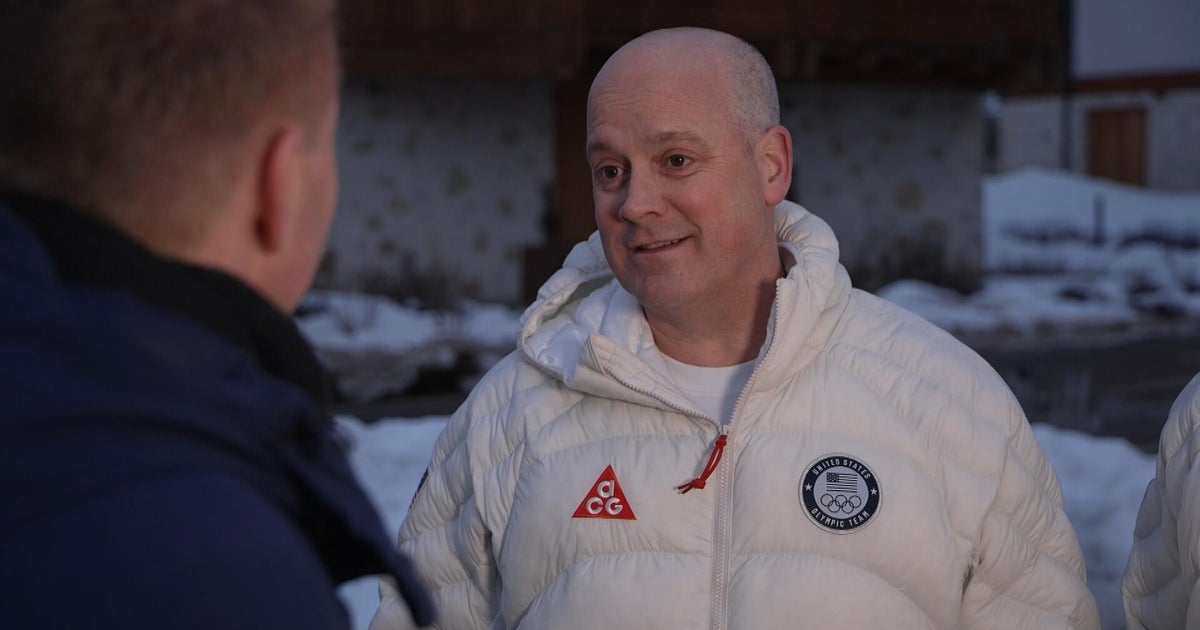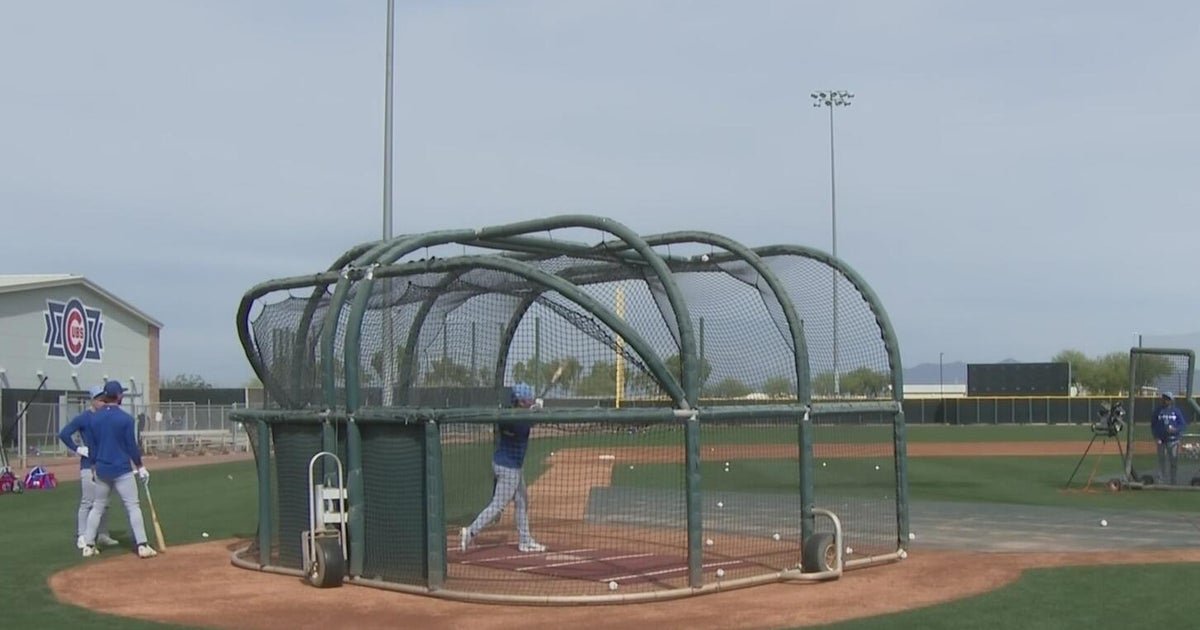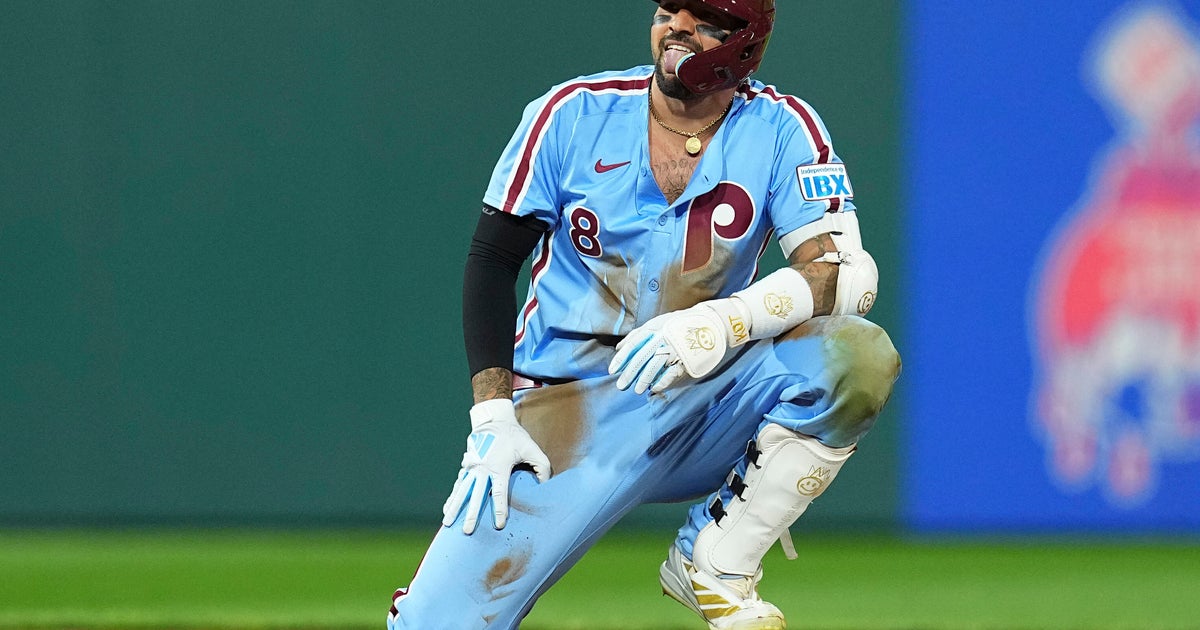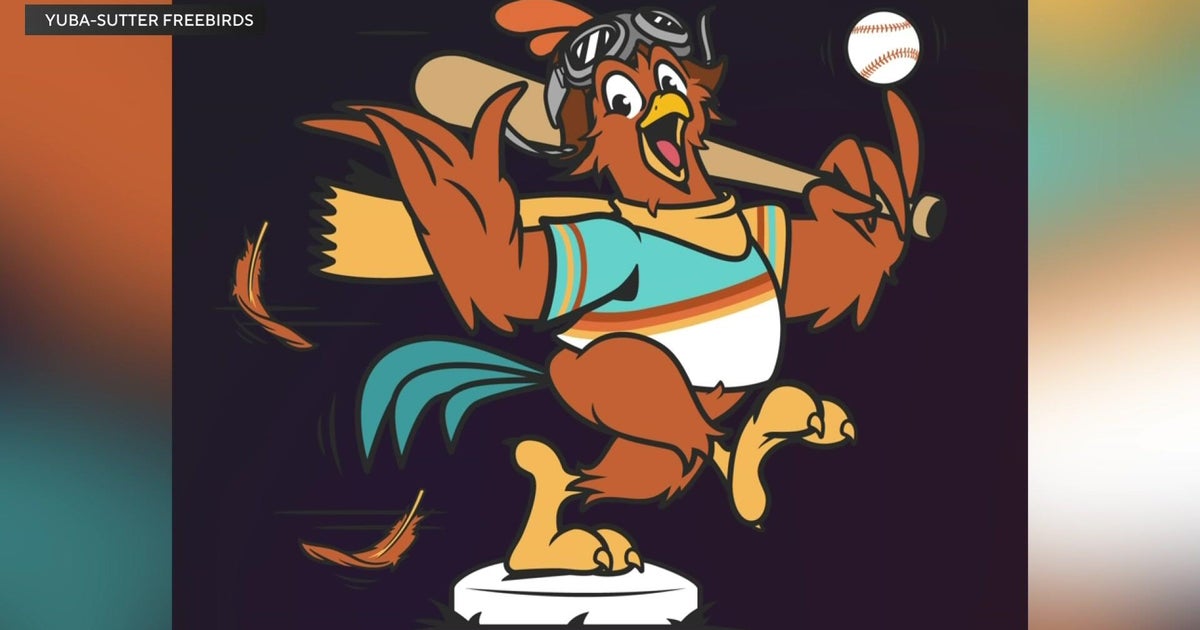Wolves' blockbuster Rudy Gobert trade is official; here's how it could work
By Julian Basena
MINNEAPOLIS -- When owners Marc Lore and Alex Rodriguez recruited and later introduced general manager Tim Connelly to the franchise, they wanted the full experience. They encouraged Connelly to spread his wings and bring it all; audacious trades, ambitious maneuvers, savvy talent evaluation -- the works.
Two months in, they and the fans didn't have to wait long. Already, Connelly has delivered with a blockbuster trade that could, at the very least, define his tenure at Minnesota. For future first-rounders, Patrick Beverley, Malik Beasley, Jarred Vanderbilt, Leandro Bolmaro, and Walker Kessler the Wolves received three-time defensive player of the year Rudy Gobert.
It was a big swing that likely stemmed from a pragmatic evaluation of the Wolves' current state. This offseason is huge in ensuring Minnesota can maintain some postseason momentum. Waiting, making marginal moves, and hoping for similar results next year to feast in free agency in the following summer was certainly a viable option. But, the western conference will only get tougher and the load on both Karl Anthony-Towns and Anthony Edwards' shoulders would only grow larger as the team's success becomes more dependent on their ability to develop and maintain form.
The Wolves needed something that made their roster more versatile and playoff contention ready. Someone who could address the glaring defensive issues that saw them rank in the bottom third in the league in opponent field goal percentage at the rim, defensive rebounding and second-chance points conceded. They needed a Rudy Gobert -- and they got one, at a hefty price.
The trade is monumental enough to completely reset the trade market for players like Kevin Durant and Kyrie Irving. For Minnesota in particular, its importance comes in that it has the capability of reviving both Minnesota as a competitive basketball market and Gobert's career.
A six-time All-Defensive team selection, Gobert's ability to erase any sort of offensive lane attack is unmatched. This offers perimeter players more of a safety net, and more leeway to press and gamble more on ball handlers.
This is specifically helpful for the less adept defenders like D'Angelo Russell who, despite playing the best defense of his career and showing improvement on the defensive end of the court, is perhaps one of the weakest defenders on the squad. Depending on how lineups will be employed (more on that later) Gobert's presence even helps Towns on the block as well, keeping the Wolves' new $200 million dollar man out of foul trouble and away from mismatches.
When it comes to aiding Gobert, the Timberwolves still have the defensive pieces that can hide his flaws in the playoffs. When Gobert statistically dominated the regular season defensively at Utah, he was without serviceable perimeter defenders beyond swingman Royce O'Neale. This made spreading the floor out and scoring with five shooters especially easy for opposing offenses, particularly in more cerebral playoff series.
Minnesota, however, is built awfully different. It doesn't look like it will deal with the same issues. The Wolves were steady on keeping two-way forward Jaden McDaniels from trade consideration for exactly this reason.
McDaniels raises Minnesota's defensive ceiling and has the potential to grow into a third option for the offense if he can maintain the trajectory he displayed in his debut playoff series. Moreover, Anthony Edwards will tell you that he himself is a lockdown defender. And after showing immense growth -- and occasional ineptitude -- last season, he now has a chance to shine more consistently and participate in a more defensively focused unit. Additionally, guard Jordan McLaughlin is the perfect replacement for Patrick Beverley off the bench. Beverley's home crowd-pleasing energy can never be replicated, but McLaughlin is the ideal plucky defender that can maintain the defensive stability for the starters and the reserves.
All of this does not consider the rough edges on the roster. Forcing those into place comes down to how adept head coach Chris Finch is at deploying lineups that work. Finch sought more flexible lineups last season as Towns continued to show growing pains and regular foul trouble at center. Now with Gobert, Finch can send out the most talented frontcourt duo in the league with KAT and Gobert together, or stagger their minutes depending on the look -- or do something vastly different. Creativity is key, and there's no question Finch has experience in that regard.
His time coaching rosters that included duos such as centers Nikola Jokić and Jusuf Nurkić on the Denver Nuggets, centers Anthony Davis and DeMarcus Cousins on the New Orleans Pelicans, and even three starting centers while he was overseas, are indicative of how far he can go to adapt.
Connelly has to offer that same measure of adaptability to keep the Timberwolves above water with considerably fewer draft picks and tight cap space moving forward, thanks to the absorption of Gobert's $205 million dollar contract. With just a handful of first-round draft picks and several second-rounders, Connelly will need to be resourceful in how he selects his players and how he decides to develop them. It shouldn't be new territory for him either. Connelly was a part of the staff that drafted Jokic and plenty of his teammates in the second round of the draft. Jokic later became the lowest drafted NBA MVP in league history.
Nonetheless, the expectations will be just as tall as the pair of big men who will now be gracing the floor together. A huge chunk was lost, but the Wolves have the assets to make up for it and they have the skill to attain more as years pass.
The main goal is to contend and win a championship. It's what Gobert is set on getting in Minnesota -- even if onlookers have their reservations.
Talented trios are particularly good for winning championships, too. Just ask the Golden State Warriors.
